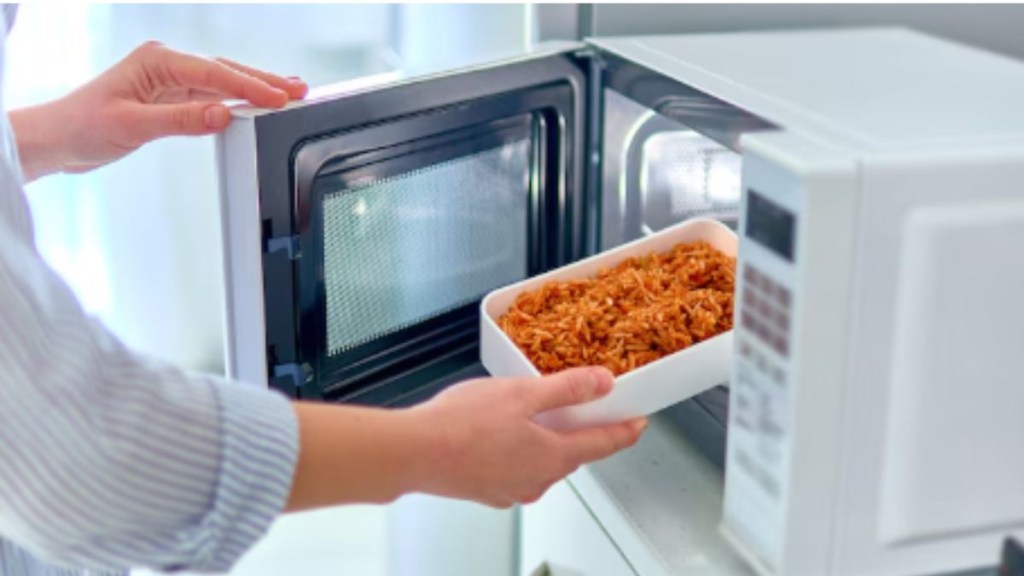We’ve all done it—cooked a little extra and tucked the leftovers into the fridge, thinking we’ll eat them the next day. It’s convenient, time-saving, and feels like a smart choice. But this common habit, especially during the monsoon, might be doing more harm than good to your gut.
Nutritionists say our digestive system is more sensitive during the rainy season, and that curry or rice from last night could quietly be upsetting your stomach, even if it looks and smells fine.
“In the monsoon, our digestive fire—what Ayurveda calls agni—naturally slows down. This makes it harder for the body to handle anything that isn’t fresh,” explains Nidhi Nahata, Nutritionist, Lifestyle Coach, and Founder of Justbe by Nidhi Nahata, a plant-based restaurant in Bengaluru.
Why monsoon upsets your digestion
During the rainy season, the air is heavy with moisture, and temperatures keep fluctuating. These conditions lower enzyme activity and slow down how quickly food is digested and moved through the gut.
“Our stomach becomes more reactive during monsoon,” says Nahata. “Even mildly stale food, like leftovers sitting in the fridge, can cause bloating, acidity, or just leave you feeling off.”
This is because food stored for too long loses its vitality. In Ayurveda, this is known as prana—the life energy in food that supports digestion and overall well-being. While refrigeration helps preserve food, it doesn’t maintain this subtle energy.
What really happens to leftovers?
Leftovers may look fine to the eye, but bacteria and enzymes begin to break them down from the inside. This breakdown speeds up in humid conditions. Cooked rice, dals, or veggies that sit too long, even in the fridge, can carry microbial load that your gut can’t handle in this weather.
“You might think, ‘It smells okay, so it must be safe.’ But during the monsoon, that’s a risky assumption,” warns Nahata. “Our immunity and digestion are already low. One wrong meal is enough to throw it off,” she further said.
Smarter ways to eat leftovers
Nahata isn’t against eating leftovers completely, but she recommends doing it mindfully, especially during monsoon. Here are her top tips to protect your gut:
- Eat leftovers within 24–36 hours. Don’t keep them longer than necessary.
- Use stainless steel or glass containers as they help preserve freshness and prevent chemical leaching.
- Reheat food only once. Repeated heating damages nutrients and encourages bacterial growth.
- Add fresh elements like herbs, lemon, or ginger while reheating to boost flavour and digestion.
- Avoid pre-cut or half-cooked foods, as they spoil faster.
- Trust your senses—if the smell, colour, or texture feels off, throw it out.
“If a food doesn’t feel alive or nourishing, ask yourself: Is it really worth the risk just for convenience?” says Nahata.
Who should be extra careful?
People with weak digestion, children, the elderly, and those recovering from illness should be especially cautious. Even small digestive upsets in these groups can lead to bigger issues during the monsoon.
“This isn’t about inducing fear or wasting food,” says Nahata. “It’s about awareness. When we eat with presence and care, food heals. When we eat out of habit, especially stale food, it can silently harm.”
Though that leftover biryani may look tempting, but during the monsoon season, fresh is always safer. A little extra effort could save you from an uncomfortable gut and a visit to the doctor.







